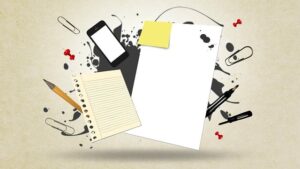Translation Services for Drug Safety Reports: UK Compliance Guide
Translation services for Drug Safety Reports UK are vital for pharmaceutical companies aiming to enter or expand in the UK market, due to its stringent regulatory environment, particularly under MHRA directives. These services require professional tr…….
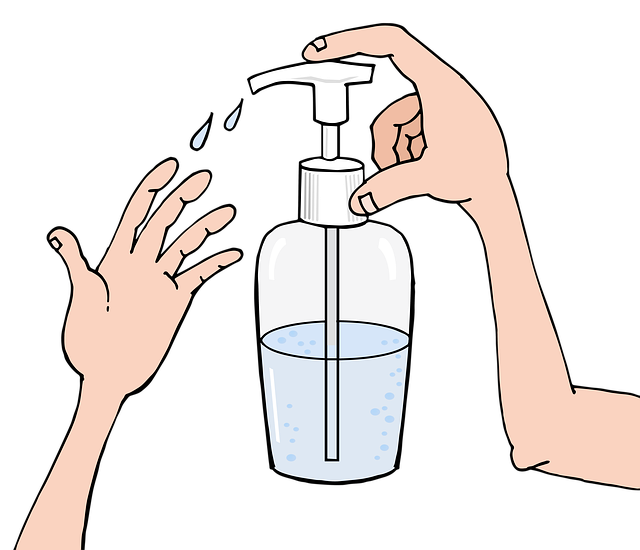
Translation services for Drug Safety Reports UK are vital for pharmaceutical companies aiming to enter or expand in the UK market, due to its stringent regulatory environment, particularly under MHRA directives. These services require professional translators with medical expertise to accurately interpret complex scientific terms and adhere to labeling, packaging, and clinical trial report standards. Quality assurance processes, including proofreading and editing, are essential to avoid severe consequences related to patient safety and regulatory compliance. Choosing the right translation experts with a strong pharmaceutical background is crucial for accurate, reliable, and compliant Drug Safety Report translations tailored to the UK market.
Navigating the stringent UK drug safety regulations requires meticulous attention to detail, especially when it comes to document translation. This is where professional translation services play a pivotal role in ensuring compliance and accuracy. In this comprehensive guide, we explore the intricacies of translating drug safety documents to meet the rigorous UK standards. From understanding regulatory requirements to selecting the right language experts and handling complex medical jargon, we provide essential insights for efficient and compliant pharmaceutical translations.
- Understanding UK Drug Safety Regulations and Requirements
- The Role of Professional Translation Services
- Key Considerations for Accurate Drug Safety Document Translation
- Selecting the Right Language Experts for Technical Documentation
- Ensuring Quality Assurance in Pharmaceutical Translation
- Handling Complex Medical Terminology and Jargon
- Time-Saving Tips for Efficient Translation Processes
- Common Challenges in Translating Drug Safety Reports
- Best Practices for Maintaining Regulatory Compliance
Understanding UK Drug Safety Regulations and Requirements

Drug safety is a critical aspect of pharmaceutical development, and adhering to UK regulations is essential for any company aiming to market drugs in this region. When translating drug safety documents for the UK market, it’s crucial to have an in-depth understanding of the local laws and guidelines. The Medicines and Healthcare products Regulatory Agency (MHRA) sets out rigorous standards for ensuring the quality, efficacy, and safety of medicinal products.
Translation services for Drug Safety Reports UK should not only focus on linguistic accuracy but also grasp the regulatory framework. This includes interpreting complex scientific terminology while maintaining compliance with MHRA directives. Professional translators must be adept at navigating the specific requirements for labeling, packaging, and clinical trial reports to ensure that all documents meet the high standards expected in the UK pharmaceutical industry.
The Role of Professional Translation Services
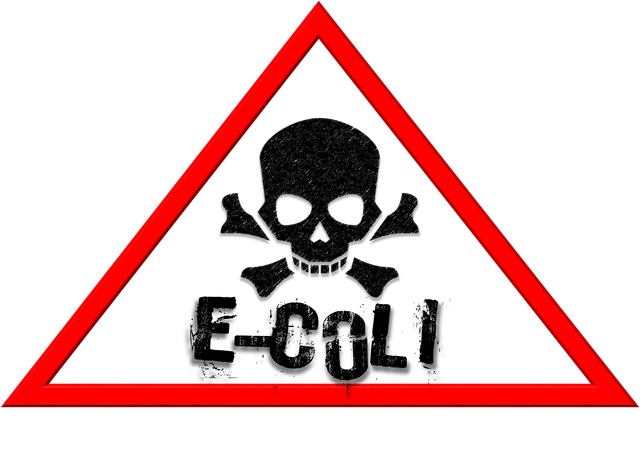
In the realm of drug safety documentation, precision and accuracy are paramount to meet stringent UK regulations. This is where professional translation services play a crucial role for pharmaceutical companies looking to localise their reports and ensure compliance. Engaging expert translators specialised in medical terminology is essential to avoid any misinterpretations or errors that could compromise patient safety.
These services offer a robust solution for translating Drug Safety Reports (DSRs) into English, ensuring they adhere to the UK’s specific guidelines and standards. With an eye for detail and a deep understanding of pharmaceutical jargon, professional translators can convey complex information accurately, facilitating efficient regulatory submissions. By leveraging translation services tailored for DSRs, companies can streamline their processes, maintain high-quality documentation, and ultimately, contribute to safer drug administration in the UK market.
Key Considerations for Accurate Drug Safety Document Translation
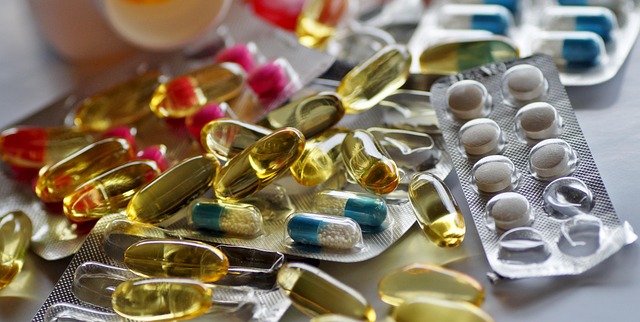
When translating drug safety documents for the UK market, accuracy is paramount. These documents play a critical role in ensuring patient safety and regulatory compliance, so any errors or misinterpretations can have severe consequences. Therefore, several key considerations must be taken into account to guarantee high-quality translations that meet UK standards.
First and foremost, choosing the right translation services is essential. Look for providers specializing in pharmaceutical and medical translations, who employ native English speakers with expertise in drug safety documentation. Additionally, ensuring that translators are familiar with relevant terminology and regulatory requirements specific to the UK market is crucial. Thorough quality assurance processes, including proofreading and editing, should also be implemented to catch any potential mistakes.
Selecting the Right Language Experts for Technical Documentation
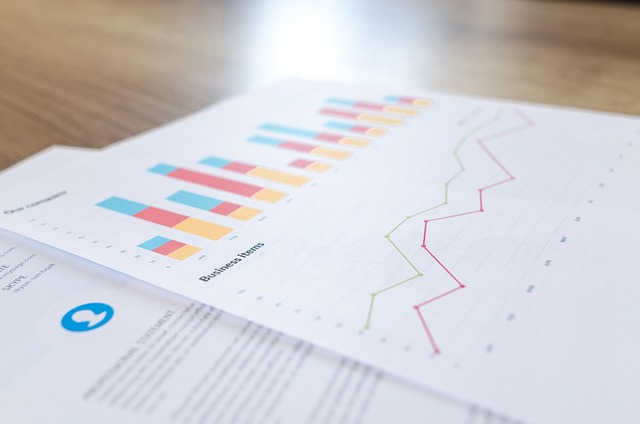
When translating drug safety documents, selecting the right language experts is paramount to ensuring accuracy and meeting UK standards. Look for providers with a strong background in pharmaceutical translation, as they understand the technical terminology and regulatory requirements specific to this field. Expert translators should possess not only native-level proficiency but also experience handling complex scientific content.
Reputable translation services for Drug Safety Reports UK will have a team of professionals who can navigate the intricacies of regulatory documents, ensuring compliance with guidelines set by bodies like the MHRA (Medicines and Healthcare products Regulatory Agency). They should employ rigorous quality assurance processes, including proofreading and editing, to deliver precise and reliable translations.
Ensuring Quality Assurance in Pharmaceutical Translation
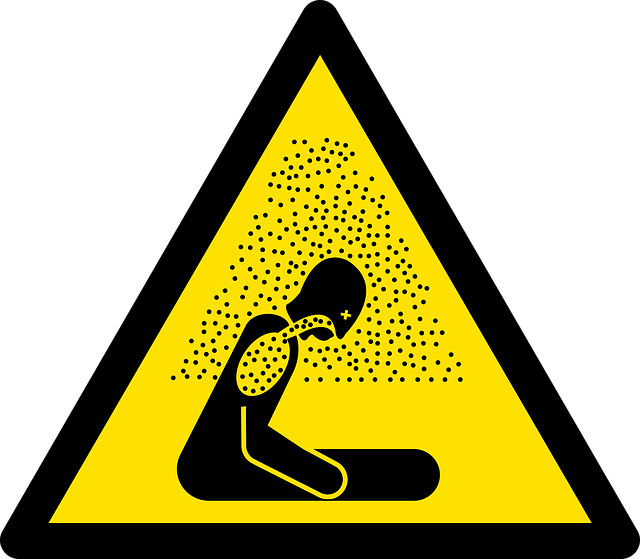
Ensuring quality assurance in pharmaceutical translation is paramount when it comes to drug safety documents, especially for compliance with UK standards. Professional translation services specialising in this field employ rigorous processes to maintain accuracy and consistency. These include thorough linguistic expertise, industry-specific knowledge, and adherence to regulatory guidelines. With the increasing globalisation of pharmaceuticals, accurate and reliable translations are essential to ensure that critical information reaches healthcare professionals and patients worldwide without compromise.
When it comes to Drug Safety Reports UK, translation services must go beyond simple word-for-word rendering. They need to capture complex scientific terminology accurately, while respecting cultural nuances and regulatory requirements specific to the UK market. This involves rigorous quality control measures, such as peer review, back-translation, and validation against original source documents. By upholding these high standards, translation providers play a vital role in facilitating safe and effective drug use within the UK healthcare system.
Handling Complex Medical Terminology and Jargon

When translating drug safety documents for the UK market, navigating complex medical terminology and jargon is a critical aspect. These documents often contain highly specialized language used in pharmacovigilance, clinical trials, and regulatory affairs. Professional translation services are essential to ensure accuracy and clarity in these communications.
Experienced translators with expertise in pharmaceutical translations can handle such complexities effectively. They stay updated with the latest industry terminology and standards, ensuring that the translated documents meet UK regulations. This meticulous approach guarantees that drug safety reports are not only linguistically accurate but also maintain their integrity and scientific rigor, facilitating seamless compliance with local requirements for Translation services for Drug Safety Reports UK.
Time-Saving Tips for Efficient Translation Processes

When it comes to translating drug safety documents for the UK market, efficiency is key to meeting stringent regulatory deadlines. Here are some time-saving tips to ensure a smooth and effective translation process for your Drug Safety Reports:
Leverage professional translation services specialising in the pharmaceutical sector to avoid delays caused by language barriers. These experts not only possess the linguistic prowess but also have a deep understanding of technical terminology specific to drug safety documentation. Additionally, they can help navigate complex regulatory requirements, ensuring your reports align with UK standards promptly. Utilising advanced translation memory tools and industry-specific glossaries further streamlines the process, maintaining consistency throughout your documents.
Common Challenges in Translating Drug Safety Reports
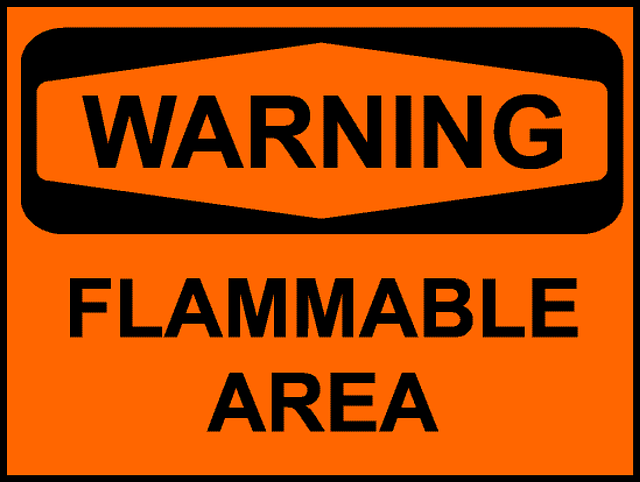
When translating drug safety reports for the UK market, several common challenges emerge that require careful navigation. One significant hurdle is ensuring precision and accuracy in technical terminology specific to pharmacovigilance, which can vary across languages. Misinterpretations or mistranslations may lead to misunderstandings regarding adverse event reporting, clinical trial data, and drug interactions, potentially impacting regulatory approvals and patient safety.
Another challenge lies in cultural nuances and local guidelines. Drug safety documentation must not only be linguistically correct but also compliant with UK regulations and requirements set by the Medicines and Healthcare products Regulatory Agency (MHRA). Translation services for Drug Safety Reports UK should employ native speakers with pharmaceutical expertise to overcome these obstacles, ensuring that all critical information is conveyed clearly and effectively.
Best Practices for Maintaining Regulatory Compliance

When translating drug safety reports for the UK market, adhering to stringent regulatory standards is paramount. The complexity of pharmaceutical regulations demands meticulous attention to detail during the translation process. Reputable translation services specialising in Drug Safety Reports UK should employ best practices such as employing native language experts who are well-versed in medical terminology and regulatory guidelines.
Additionally, utilizing up-to-date industry resources, including relevant glossaries and style guides, ensures consistency and accuracy across documents. Robust quality assurance protocols, involving multiple rounds of review by qualified translators and editors, are essential to catch any potential errors or misinterpretations. This meticulous approach guarantees that translated drug safety reports meet the rigorous requirements set forth by UK regulatory authorities, ensuring compliance and a seamless flow of critical information.
When it comes to translating drug safety documents for the UK market, professional translation services play a vital role in ensuring regulatory compliance. By understanding local regulations, leveraging language expertise, and employing quality assurance measures, companies can navigate the complexities of medical terminology and complex documentation. Selecting the right language experts and implementing best practices will streamline the process, enabling efficient handling of drug safety reports while meeting UK standards. Translation services for Drug Safety Reports UK should be at the forefront of any pharmaceutical company’s strategy to expand its reach in this stringent regulatory environment.

